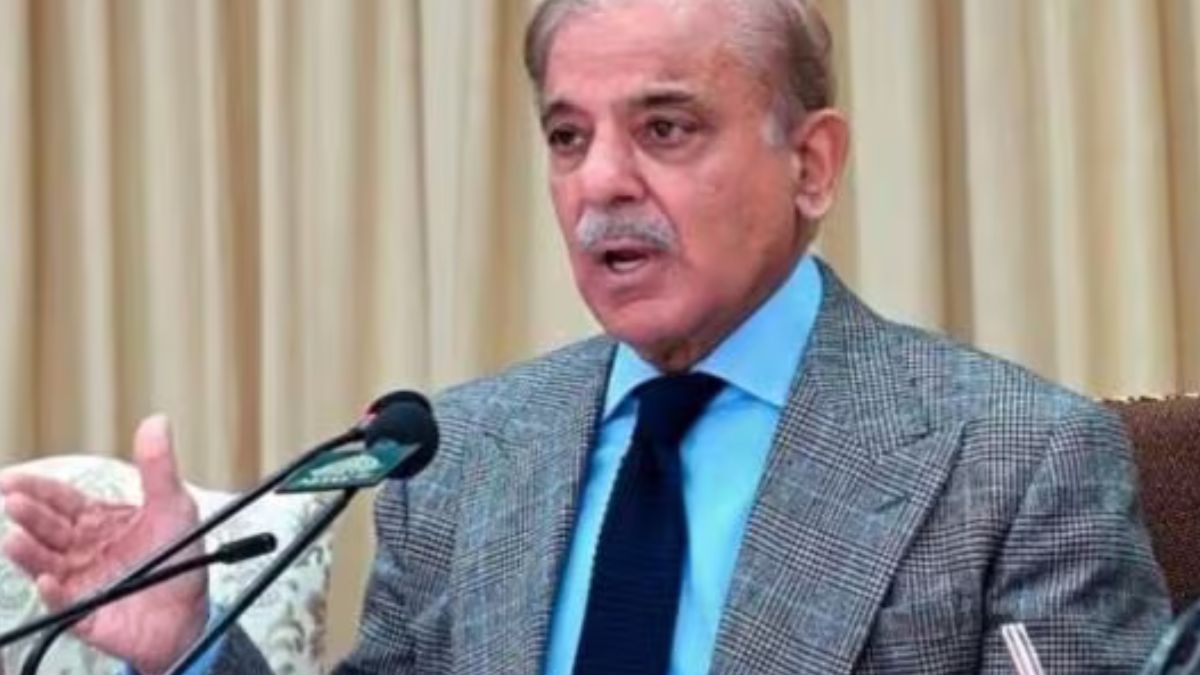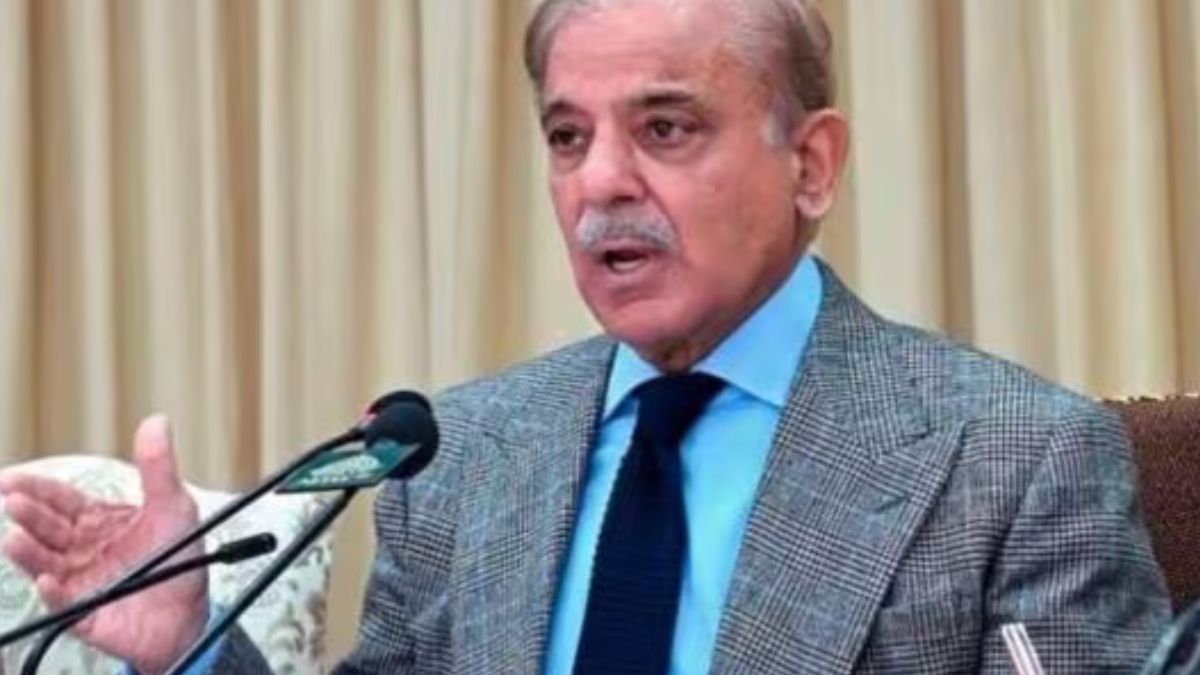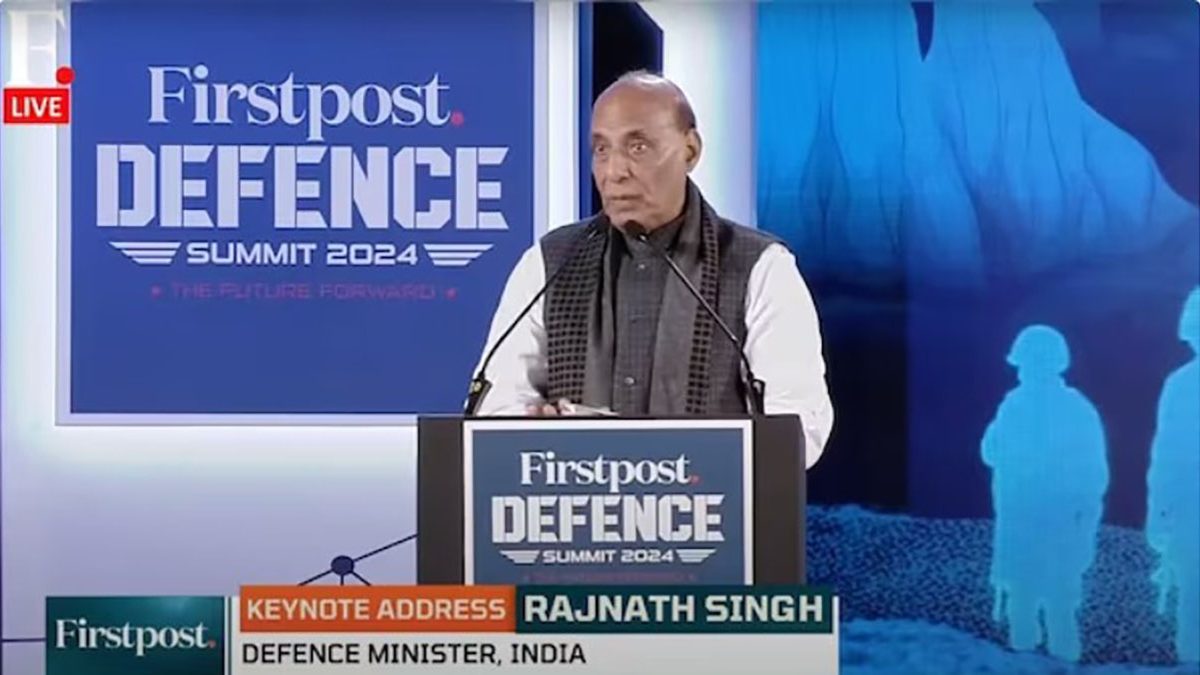Saw some pictures of the honour guard with the coffins of the jawans killed in the Uri terror attack and it seemed so wrong. When a student commits suicide thousands ride with him on his last journey. When a terrorist is hanged a multitude marches in step. When a terrorist leader is shot down a state comes to a halt.
And here are 18 caskets, but are there enough of us to do them reverence? Will we show the world that we cared? How many chief ministers will come forward, how many corporations will offer their kin jobs, which illegal Adarsh housing colony will be cleared for them or made in their name and packaged to others?
These men were killed on duty and there is such a massive difference between the heroes we espouse and the heroes who die unknown.
Will the universities of India spearheaded by Jawaharlal Nehru University (JNU) come forward and light candles and hold vigils or will it be just family and friends and fellow villagers who would be there anyway?
Which rich NRI will offer financial comfort even if it is to see his name in the papers?
A veritable national anthem of our country burnt alive. And the ones saying goodbye are their fellow comrades in uniform.
Against this backdrop comes an article blaming Army Chief General Dalbir Singh Suhag for the Uri attack. Certainly, the author Yatish Rajawat , has the right to his strident opinion, but between the chief and the camp at Uri are several three-star and two-star officers who are on site and do what they can do with what they are given as implements and weapons.
Ask not what they do, ask instead how they manage to keep it going…it could be very revealing.
When you take responsibility and twist it into blame it takes on a personal hue. Accusing Suhag of clumsiness and lack of leadership not only lowers the morale of the army at this crucial juncture, but it is one of those exercises that goes a bridge too far. By that logic the President of India should be forwarded the hot little buck because he is the Supreme Commander of the Indian Armed Forces.
The defence minister, the defence secretary also come into the mix. As does the Prime Minister’s Office (PMO) and the Ministry of Finance. What are the delays in supplies, where are the shortages, how tightly are the hands of the senior echelon’s tied and what level of freedom could the Principal Staff Officers (PSOs) of the army have to make unilateral decisions?
We ignore our armed forces in times of peace, many citizens see them as spoilt brats until there is an issue and we try to pull up the slack and make the stench of contempt go away. So poor is our esteem for the men in uniform that there is a current shortage of 15,000 officers.
If the army hierarchy comes off weak and ineffective after the Pathankot attack, one can also ask is it because political command and necessity make them so?
We are still an armed forces under the orders of civilian masters and democratically elected leaders and cannot march to our own drumbeat.
Quonset huts, canvas tents, accordion barbed wire and jagged glass on eight foot walls that crumble because they are made by the lowest bidder are often the only defence and unless stock is taken of the red tape that suffocates procurement for our forces and the civilian mindset which enjoys trimming them at every step and ‘sending the file back’ apportioning singular blame is a luxury.
While it is a relatively uncharitable approach to blame the Army Chief for being a slob, Suhag can do something to change the sluggish dynamics of the equation between the armed forces and the civilian masters.
If he cannot put forward a charter of demands, he can take the responsibility and do what Admiral DK Joshi did when Indian warships had a series of calamities.
In 2014, as the Naval Chief he walked, put in his papers, put down his four stars, grasped that hot little buck and went home.
If General Suhag did that now he would set a platoon of cats among the pigeons. It would shake the country to its roots, fast-track fulfilling India’s military shortages and that moaning, groaning ‘we can only fight 15 days of war’ rhetoric that over-rides the historical fact that when there are no bullets left there is always the sword and the scythe.
Most importantly, the next chief would be empowered to take instant decisions that would impact positively on India’s border security and he would not be beholden to the administrative ‘babus.’
This could be Suhag’s biggest contribution to upgrading the standard of the Indian Armed Forces. To salute and walk is an officer like quality.
You don’t take the blame, Sir, you take the responsibility…it happened on your watch.


)




)
)
)
)
)
)
)
)